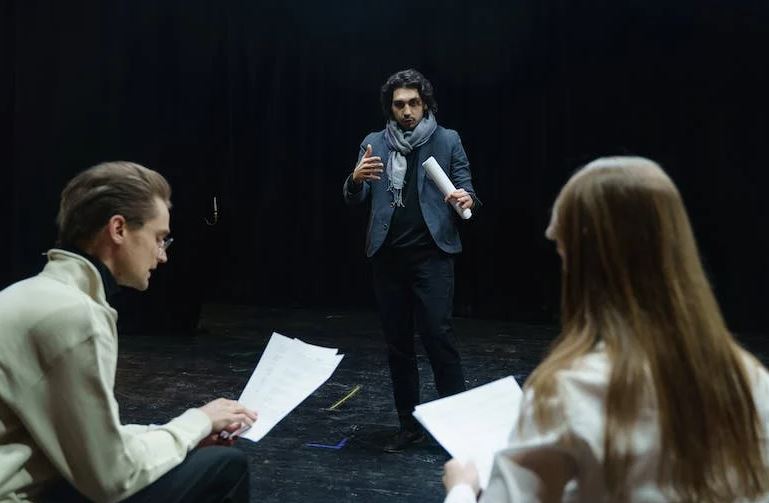I love live theater. Years ago, I owned the Whitefire Theater on Ventura Boulevard. I leased the theater to David Beaird, a friend of mine who wrote and directed plays.
One afternoon I was sitting next to David as he auditioned actors for a future production. When David turned to me and started to talk during one of the auditions it made me very uncomfortable.
Afterward I said, “David, that wasn’t polite.”
His answer startled me.
“Alan, when those actors are performing in my play, they have to grab the attention of the audience. If they don’t, everyone will be bored. If I’m talking to you during their audition, it’s because they are not grabbing my attention and I’m not going to hire them.”
I couldn’t argue with him about that.
Another practitioner of the “grab people’s attention” point of view is Simon Cowell who created the “America’s Got Talent” show. Time and again he demonstrates that he responds best to the contestants who command his attention.
Once Daveen and I attended a play on Broadway in which there was no dialogue for the first three or four minutes. At the center of the stage the leading lady merely sat in a chair, rocking. Without saying a word, she held my full attention.
After the play was over, I told Daveen that I thought the actress should win a Tony award for her performance. Daveen pointed out a note in the program – she already had.
I suspect that the ability to “grab someone’s attention,’ is important in many aspects of our life. Whether it’s in a business meeting, or in a job interview, or on a first date, the more adept we are at grabbing and holding someone’s attention, the more successful we’ll be in getting the deal, the job or the second date.
In a real sense, we all write, direct, and are the leading actor in the drama of our own lives. Unlike a theater performance, however, our script is entirely improvised.
The best part is that we never know how or when each scene is going to end. And while we are not able to go back and redo the scene, we can pay attention and learn how to improve our performance every time we walk onto the stage.
Alan



